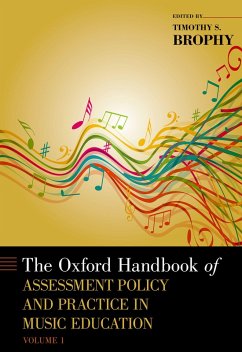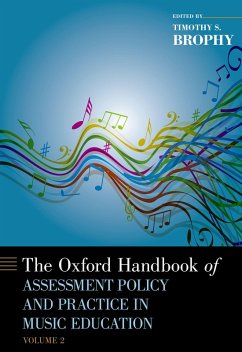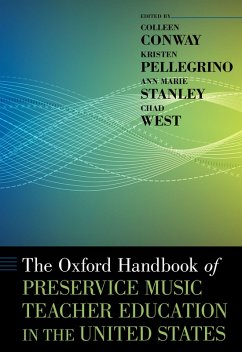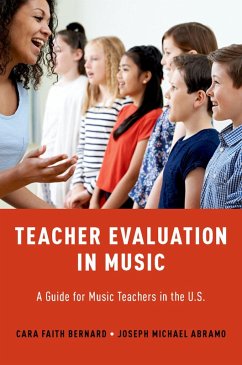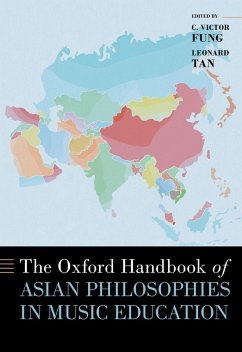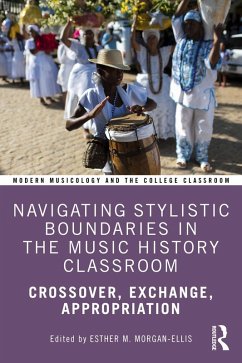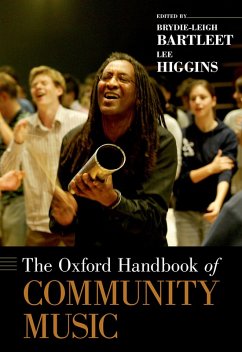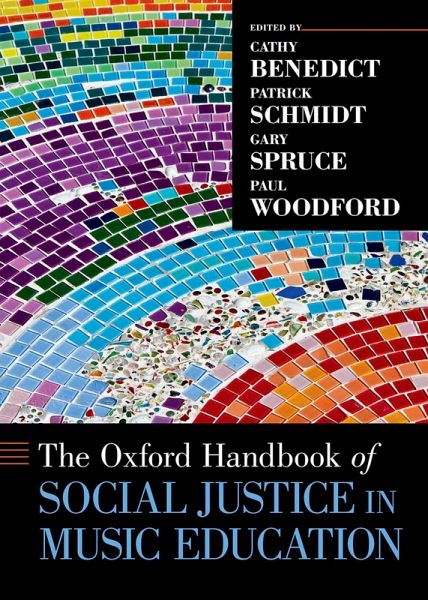
The Oxford Handbook of Social Justice in Music Education (eBook, PDF)
Versandkostenfrei!
Sofort per Download lieferbar
19,95 €
inkl. MwSt.
Weitere Ausgaben:

PAYBACK Punkte
10 °P sammeln!
Music education has historically had a tense relationship with social justice. One the one hand, educators concerned with music practices have long preoccupied themselves with ideas of open participation and the potentially transformative capacity that musical interaction fosters. On the other hand, they have often done so while promoting and privileging a particular set of musical practices, traditions, and forms of musical knowledge, which has in turn alienated and even excluded many children from music education opportunities. The Oxford Handbook of Social Justice in Music Education provide...
Music education has historically had a tense relationship with social justice. One the one hand, educators concerned with music practices have long preoccupied themselves with ideas of open participation and the potentially transformative capacity that musical interaction fosters. On the other hand, they have often done so while promoting and privileging a particular set of musical practices, traditions, and forms of musical knowledge, which has in turn alienated and even excluded many children from music education opportunities. The Oxford Handbook of Social Justice in Music Education provides a comprehensive overview and scholarly analyses of the major themes and issues relating to social justice in musical and educational practice worldwide. The first section of the handbook conceptualizes social justice while framing its pursuit within broader contexts and concerns. Authors in the succeeding sections of the handbook fill out what social justice entails for music teaching and learning in the home, school, university, and wider community as they grapple with cycles of injustice that might be perpetuated by music pedagogy. The concluding section of the handbook offers specific practical examples of social justice in action through a variety of educational and social projects and pedagogical practices that will inspire and guide those wishing to confront and attempt to ameliorate musical or other inequity and injustice. Consisting of 42 chapters by authors from across the globe, the handbook will be of interest to anyone who wishes to better understand what social justice is and why its pursuit in and through music education matters.
Dieser Download kann aus rechtlichen Gründen nur mit Rechnungsadresse in A, B, BG, CY, CZ, D, DK, EW, E, FIN, F, GR, HR, H, IRL, I, LT, L, LR, M, NL, PL, P, R, S, SLO, SK ausgeliefert werden.




